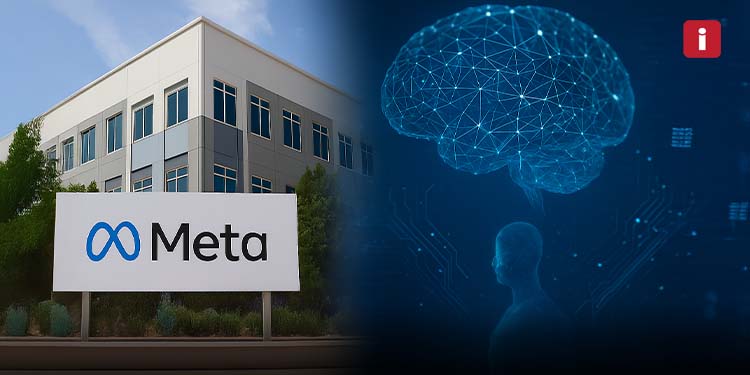In what could be one of the most significant AI infrastructure deals of 2025, Meta Platforms Inc. is reportedly in advanced discussions to invest more than $10 billion in Scale AI, a leading U.S.-based startup known for powering data annotation and training for large AI models. The deal, if finalized, would mark Meta’s most aggressive move yet to secure a dominant position in the booming artificial intelligence ecosystem.
What Is Scale AI and Why It Matters
Founded in 2016 by Alexandr Wang, Scale AI has built a reputation as a critical supplier for some of the world’s largest AI developers, including OpenAI, Microsoft, and the U.S. Department of Defense. The startup specializes in curating high-quality labeled datasets—an essential but often overlooked ingredient for training generative AI models such as GPT and LLaMA.
With AI companies in a race to develop more capable and safe models, Scale AI’s services are in increasingly high demand. Their expertise spans from autonomous driving datasets to language model fine-tuning and reinforcement learning feedback.
Why Meta Is Betting Big
Meta’s interest in Scale AI aligns with its long-term ambition to lead the development of open-source AI models and next-gen applications like embodied AI and AI assistants. While Meta has already released its LLaMA family of open-source large language models, training these models at scale requires access to massive volumes of well-annotated, diverse, and reliable data.
A partnership or investment with Scale AI could give Meta:
- Priority access to advanced data-labeling infrastructure
- Reduced dependency on external AI contractors
- Faster development cycles for new models
- Competitive edge over rivals like Google DeepMind and OpenAI
According to sources familiar with the matter, Meta is considering a multi-year commitment that could value Scale AI significantly above its last known valuation of $7.3 billion. The proposed investment could also include equity or long-term procurement deals.
The Strategic Context
Meta’s move comes as tech giants intensify efforts to secure AI infrastructure amid a global data bottleneck. While companies have access to powerful GPUs and models, reliable data labeling at scale has emerged as a core limitation in AI deployment.
Earlier this year, OpenAI also ramped up its investment in Reka AI and Anthropic, while Google has expanded internal data operations through its DeepMind division. Meanwhile, Microsoft has maintained its close ties with OpenAI while scouting new data and inference partners.
Meta’s interest in Scale AI sends a clear message: owning and controlling the AI data supply chain is now just as important as developing the models themselves.
Not Just About Data | Defense Ties Raise Questions
It’s worth noting that Scale AI has worked closely with the U.S. military on AI applications for defense intelligence. If Meta moves forward with the investment, regulatory scrutiny may follow, especially around data privacy, geopolitical implications, and AI usage ethics.
Some analysts suggest this partnership could draw questions about whether Meta intends to use AI not only for consumer-facing tools like chatbots and filters but also in enterprise or government settings.
What This Means for the AI Industry
A $10 billion+ deal would make this one of the largest private investments in an AI infrastructure startup to date. It signals a shift in Silicon Valley’s mindset from chasing model capabilities to securing pipelines for the labeled data that fuels them.
If finalized, the deal could:
- Spark a wave of consolidation in the AI data services market
- Boost Scale AI’s valuation and global profile
- Push other Big Tech firms to explore similar investments or acquisitions
Final Thoughts
As the AI arms race accelerates, Meta’s potential deal with Scale AI highlights a crucial inflection point in the industry. While LLMs and computer infrastructure often dominate headlines, the importance of data quality, annotation speed, and model training pipelines is now being acknowledged at the highest strategic levels.
If successful, this investment could give Meta a powerful edge not just in model development but in shaping the entire data ecosystem powering next-generation artificial intelligence.













































